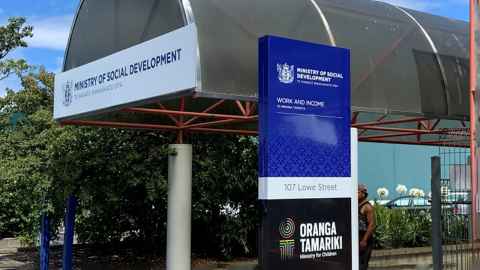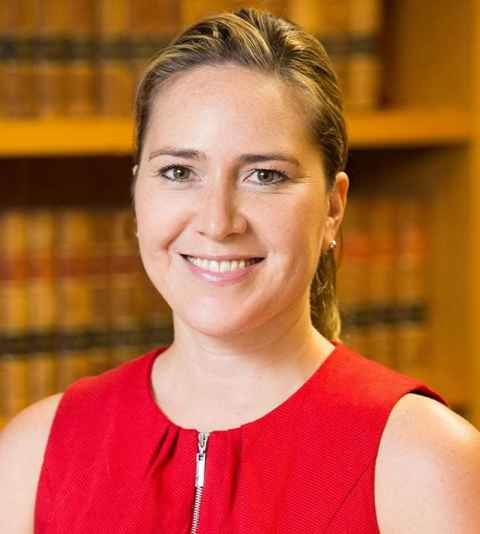The promise of Māori-led Oranga Tamariki reform is lacking
18 July 2022
Opinion: A new bill, designed to achieve greater advocacy for children's and young people's issues, is problematic for Māori, writes Dr Fleur Te Aho.

The Oversight of Oranga Tamariki System and Children and Young People's Commission Bill does two key things: it proposes to change the way Oranga Tamariki is monitored and held to account and how the Office of the Children's Commissioner, which independently scrutinises the government's performance on ensuring children are safe, protected and able to enjoy all their rights, will operate.
These changes have attracted significant opposition from all quarters, especially from organisations that advocate for children and their rights, young people who have experienced the care system first-hand, and Māori.
Their biggest concerns are that this bill only aims to change parts of the Oranga Tamariki system, not the whole system, and the changes proposed will make monitoring and oversight less effective and less independent, which puts children and families at risk.
For Māori, the bill is problematic because it provides no adequate role for us to be involved in the monitoring and oversight of the Oranga Tamariki system or the new children's rights watchdog.
This is deeply concerning considering that most children removed from their families into the care of Oranga Tamariki – both now and historically – are Māori. As has been laid bare by multiple reviews of Oranga Tamariki in recent years, the removals of tamariki Māori are disproportionate, highly likely to have been discriminatory, and clearly in breach of te Tiriti o Waitangi, which, as confirmed by the Waitangi Tribunal, guaranteed Māori the right to care for our tamariki and determine what is in their best interests.
Considering all of this it is mind-boggling that the Government is proceeding with this bill rather than addressing it as part of Māori-led transformation of the entire Oranga Tamariki system, which is clearly broken.
Instead, the Government is pushing ahead with a bill that proposes, yet again, another government body to monitor and oversee Oranga Tamariki, which is not led by Māori and which only provides Māori with an advisory (not decision-making) role.

As for the new child rights watchdog, the legislation also fails to guarantee Māori any leadership role that reflects our status as Tiriti partner, let alone the fact that it is Māori children who experience the most rights abuses in Aotearoa New Zealand and so it should be Māori who are monitoring these abuses and speaking out on behalf of our tamariki.
The failure of the bill to provide for Māori leadership either in the monitoring and oversight of the Oranga Tamariki system or the new child rights watchdog, or to guarantee the complete independence of the monitoring body from the government, has significant consequences for tamariki Māori and their whānau.
It will only deepen their already deep distrust for the current system and they will be even less likely to complain about how that system treats them.
Instead, tamariki Māori and their whānau should be able to turn to monitoring, oversight and complaints bodies that have been designed by Māori and are led by Māori.
They should have faith that any failure in how tamariki Māori are treated by Aotearoa New Zealand's care and protection system is picked up and addressed by these bodies and that any concerns or complaints they raise will be dealt with appropriately and in a way that is consistent with te ao Māori.
In the case of the new Children's Commission, there should be a clear pathway for Māori to follow that allows them to raise the alarm on rights abuses to an advocate who is Māori, who will be better positioned to understand where they are coming from.
The bill cannot progress unless these fundamental issues for Māori are addressed.
It also cannot proceed until the bigger picture issue – how Oranga Tamariki will be overhauled and how Māori will lead this transformation – is taken forward.
This opinion piece was first published on The Herald on 15 July 2022.
Media contact
Sophie Boladeras | Media adviser
M: 022 4600 388
E: sophie.boladeras@auckland.ac.nz